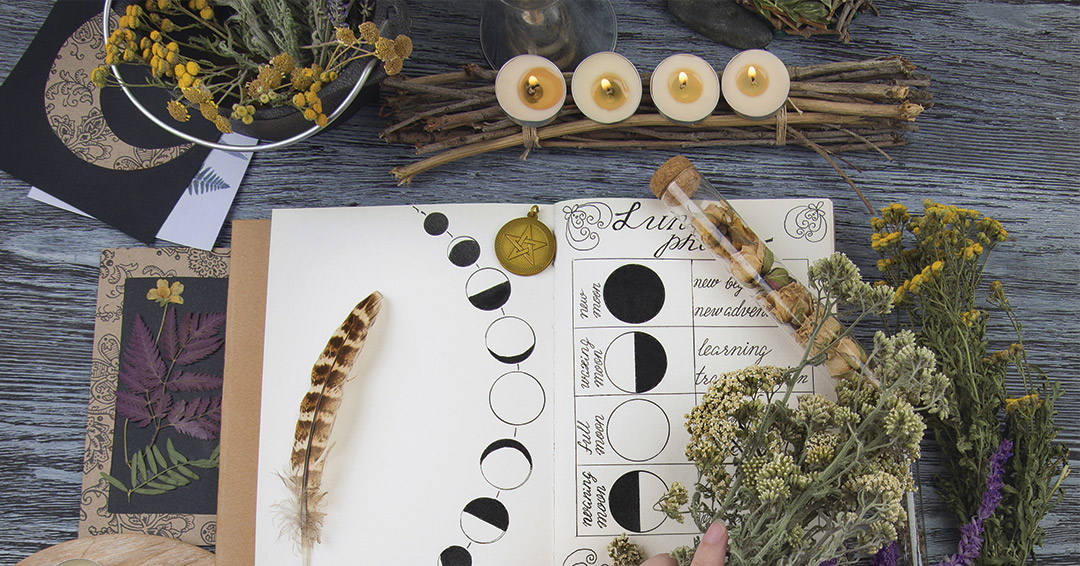New Year's Day - Kwanzaa ends
All ancient religion stems from the same magical impulse. As the Hindu Brahmans say, "We must do what the gods did in the beginning." In all religion and myth, sacred time, or ritual, is a reenactment of the beginning time, the first year, when the gods walked the earth and taught men and women how to live. Knowledge of the beginning is the source of all magical power, and the quest for this knowledge is the reason behind the creation of all myths and rituals. All holidays are a sacred reenactment of the beginning. Many of the holidays that you will find in this almanac are a celebration of this renewal as practiced in its various forms among different cultures around the world. Chief among those holidays is our current celebration of New Year. It has not always been celebrated on the same day. In England, the New Year was celebrated on December 25, and then on March 25, before it was moved to the first of January. Despite the confusion, this day is a celebration and reliving of the creation of the world, the wresting of order out of chaos. As we will see, the evening before the New Year is a time when the social order and routines of daily life are suspended to symbolize the world's dissolving into chaos. On New Year's Day, thankfully, the order is recreated. This is therefore meant to be a day of serious worship, joyous celebration, and a time to make resolutions-to create one's self and to restore one's behavior. Things that are done on this day will affect us for the entire year. It is important to perform a magical ritual to assure our continued good fortune. In popular culture, these magic rituals are often disguised as "good luck" practices. For example, a common practice among some African Americans is to include a dish called Hoppin' John in the New Year's feast. This dish, made from black-eyed peas, rice, and ham hocks, ensures good luck through the year.
Holiday Lore: New Year's Day calls for safeguards, augurs, charms, and proclamations. All over the world on this day, people kiss strangers, shoot guns in the air, toll bells, and exchange gifts. Preferred gifts are herring, bread, and fuel for the fire. |






